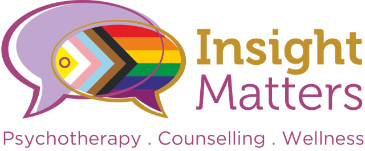How can Counselling help you?
Traumatic symptoms are often overwhelming, frightening and difficult to control. People vary widely in how they respond to, cope with and adapt to them. Depending on the type of trauma you have experienced, your therapist will target specific symptoms which may include flashbacks, nightmares, anxiety, uncharacteristic depression, hyper-vigilance, sleep disturbance or guilt.
After a traumatic experience it is very common to act in a way that numbs your painful feelings e.g. compulsive drinking, substance abuse. You may begin to feel “needy” or “clingy” in your relationships or you may socially isolate yourself from contact with others. Self-defeating thoughts and difficulty in asserting yourself often follow.
Different counselling techniques are used to address each of these symptoms in turn while also helping you to process the underlying trauma which has brought them about. This helps to release the painful emotions that are at the root of your experience and which are stored in your mind and body memory. Once released negative thinking can be re-formulated and integrated back into your psyche.
Resourcing is used to connect you to a calm, grounded, relaxed part of yourself (found in your body). This is important because it helps you to calm your amygdala (which regulates emotional reactivity) when triggered and move you out of the fight-flight-freeze mode and back into your relaxed nervous system.
Counselling can also aid in vicarious traumatisation – Due to empathy and compassion for the survivor, close friends, family members and professionals can also be effected by trauma.
